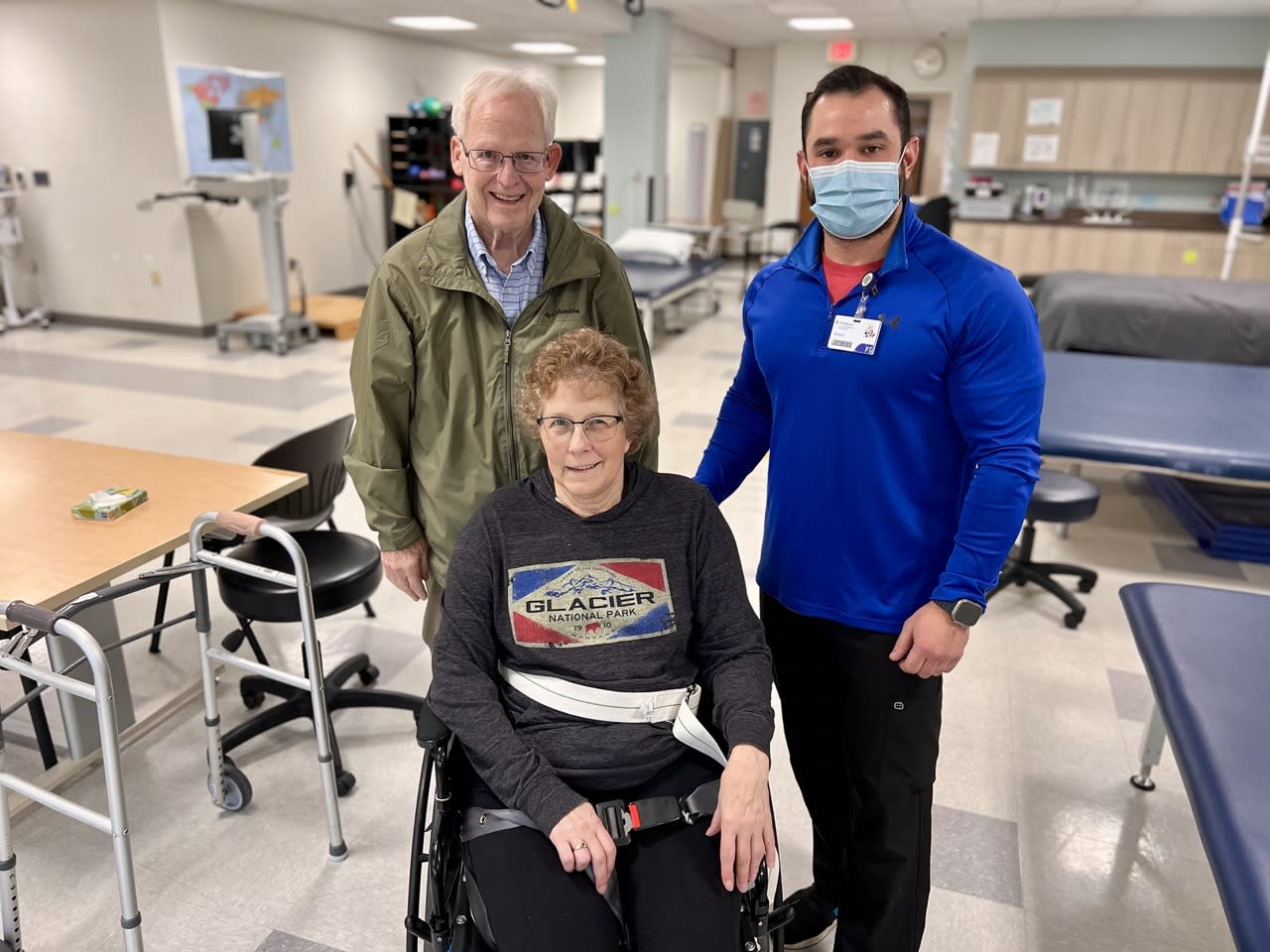Providence Heart Institute enrolling patients in new trial
Providence is now enrolling patients in a new trial that will evaluate a minimally invasive procedure to help people living with moderate, symptomatic aortic stenosis, a type of heart valve disease.
The trial
This is the first randomized clinical study evaluating the EvolutTM transcatheter aortic valve replacement (TAVR) platform made for patients with moderate, symptomatic aortic stenosis (AS).
The data from this study may be used to expand access to this kind of treatment for more than two million people living with moderate aortic stenosis. Providence Spokane Cardiology interventional cardiologist Dr. Brydan Curtis is the primary physician overseeing this research at Providence in Spokane.
This pivotal trial will enroll approximately 20 people for the Providence site in Spokane. Those patients will be among up to 650 patients participating in this global study at up to 100 different sites.
To be considered for the trial, a patient must have moderate, symptomatic aortic stenosis (AS) and be 65 years old or older.
Participants do not need to be a current or past Providence patient. Interested participants can learn more by visiting the trial website online or calling 509-474-4345.
About transcatheter aortic valve replacement (TAVR) & aortic stenosis (AS)
Aortic stenosis (AS) occurs when the aortic valve narrows due to calcium buildup that can accumulate as you age. AS is a progressive disease, meaning it gets worse over time, and can be deadly.
Patients who suffer from severe, symptomatic AS often receive a minimally invasive procedure known as transcatheter aortic valve replacement (TAVR) to reopen their diseased aortic valve with a prosthetic valve. TAVR is less invasive than open-heart surgery, and the procedure typically takes about one hour to perform.
However, for the more than two million people in the U.S. who live with moderate, symptomatic AS, TAVR is not currently included in the treatment guidelines. Today, those who have moderate, symptomatic AS undergo periodic monitoring with transthoracic echocardiography, a test using ultrasound to capture images of a person’s heart.
This research could expand treatment options for people living with moderate, symptomatic AS in hopes of improving quality of life.



